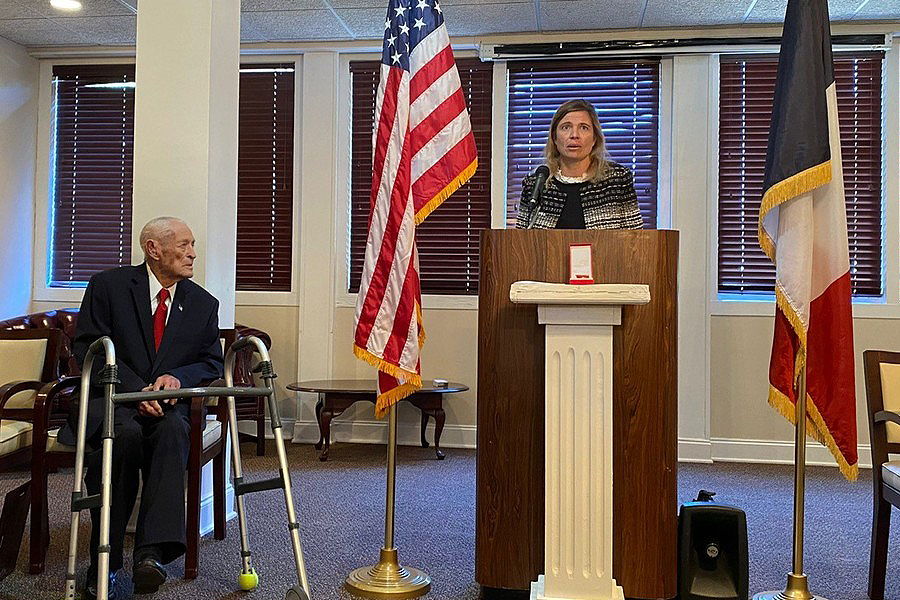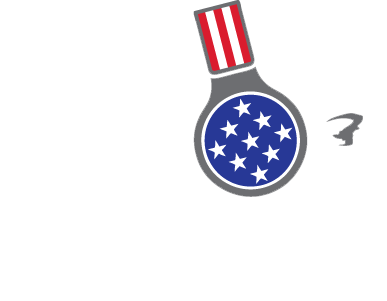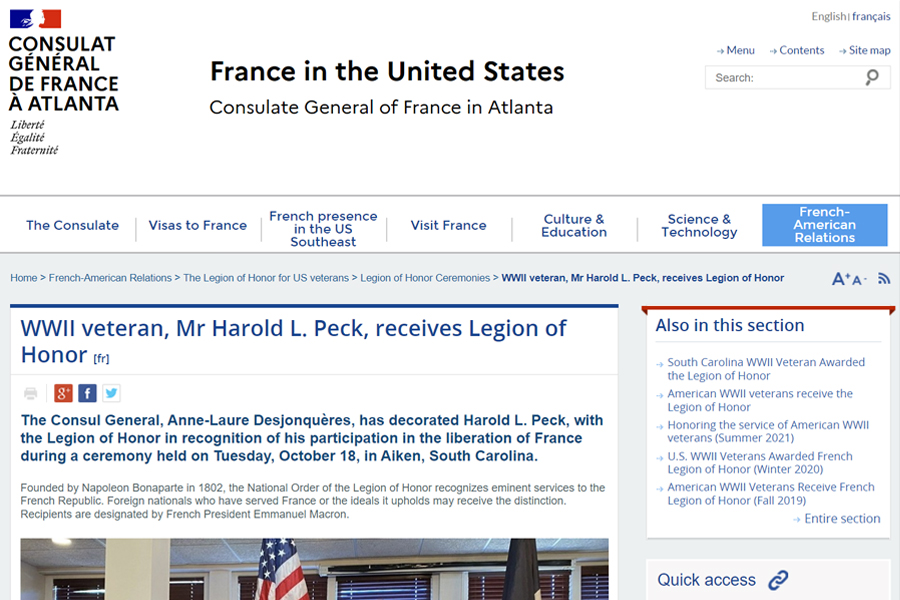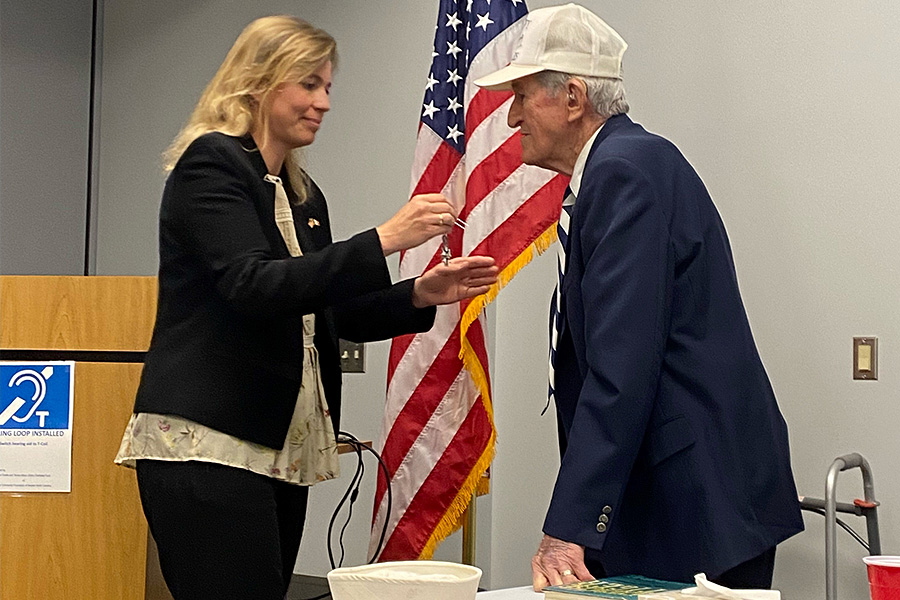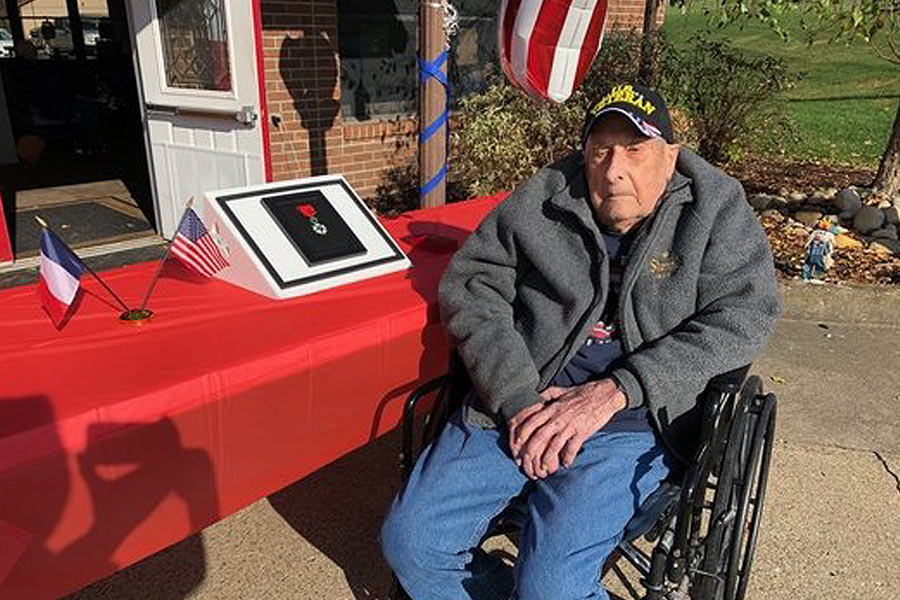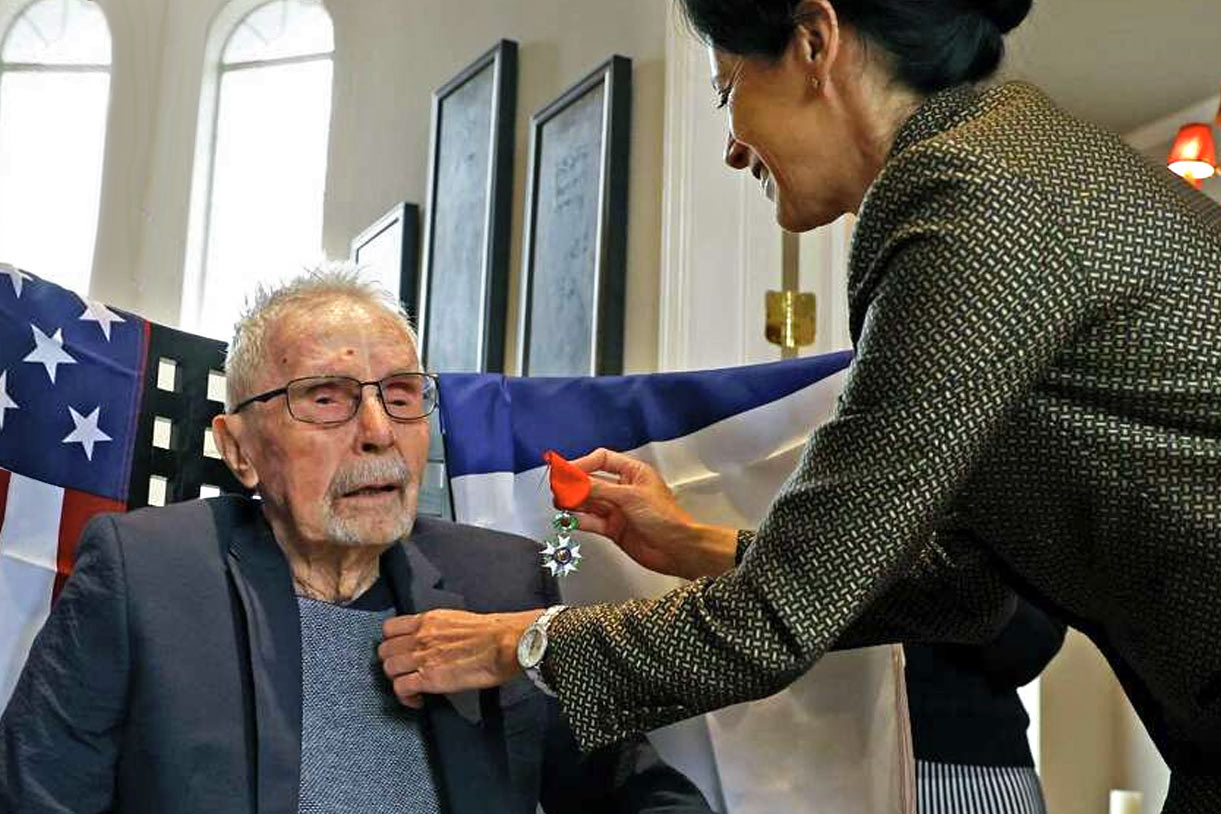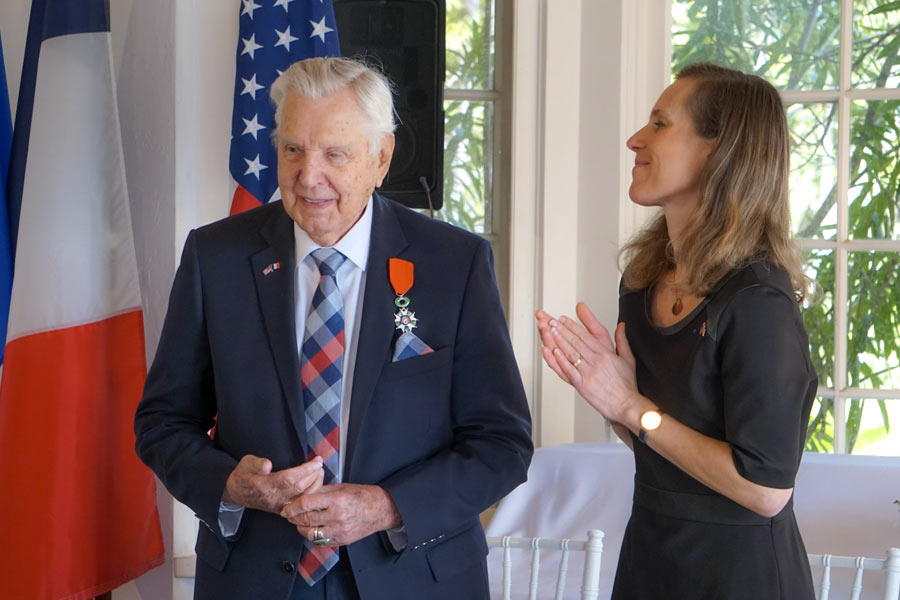WWII veteran, Mr. Harold L. Peck, receives Legion of Honor
WWII veteran, Mr. Harold L. Peck, receives Legion of Honor
WWII veteran, Mr. Harold L. Peck, receives Legion of Honor
SUMMARY
The Consul General, Anne-Laure Desjonquères, has decorated Harold L. Peck, with the Legion of Honor in recognition of his participation in the liberation of France during a ceremony held on Tuesday, October 18, in Aiken, South Carolina. Founded by Napoleon Bonaparte in 1802, the National Order of the Legion of Honor recognizes eminent services to the French Republic. Foreign nationals who have served France or the ideals it upholds may receive the distinction. Recipients are designated by French President Emmanuel Macron. At the age of 99, Harold L. Peck was awarded the Légion d’Honneur by the Consul General of France, Anne-Laure Desjonquères, in recognition of his participation in the Normandy disembarkation that contributed to the liberation of France in 1944. Harold L. Peck was born Feb. 22, 1923 in Rush County, Indiana, and grew up in Shelbyville, Indiana. He was a senior at Shelbyville High School when the U.S. entered World War II. In June 1943 he joined the Army, serving in the 226th Signal Corps. He crossed the Atlantic and when the Allied invasion began, he participated with Allied troops swarming the beaches of Normandy on the morning of June 6, 1944. Peck arrived at Normandy June 17, with the landing area having been secured. As a Signal Corps member, he was a “climber,” responsible for going up and down telephone poles to help keep the lines of communication intact. His unit’s biggest obstacle in France, he said, was German resistant in St. Lo. “They stopped us there … and we finally broke through and went over to the middle of France, heading toward Paris, and then all at once, we had to stop.” The pause, he explained, was to allow the “Free French” — French forces that had not surrendered and had largely escaped to England — to retake their capital city. His rank, as he described it, was “corporal all the way.” He was honorably discharged in November, 1945. His unit’s biggest obstacle in France, he said, was German resistant in St. Lo. “They stopped us there … and we finally broke through and went over to the middle of France, heading toward Paris, and then all at once, we had to stop.” The pause, he explained, was to allow the “Free French” — French forces that had not surrendered and had largely escaped to England — to retake their capital city. His rank, as he described it, was “corporal all the way.” He was honorably discharged in November, 1945.
